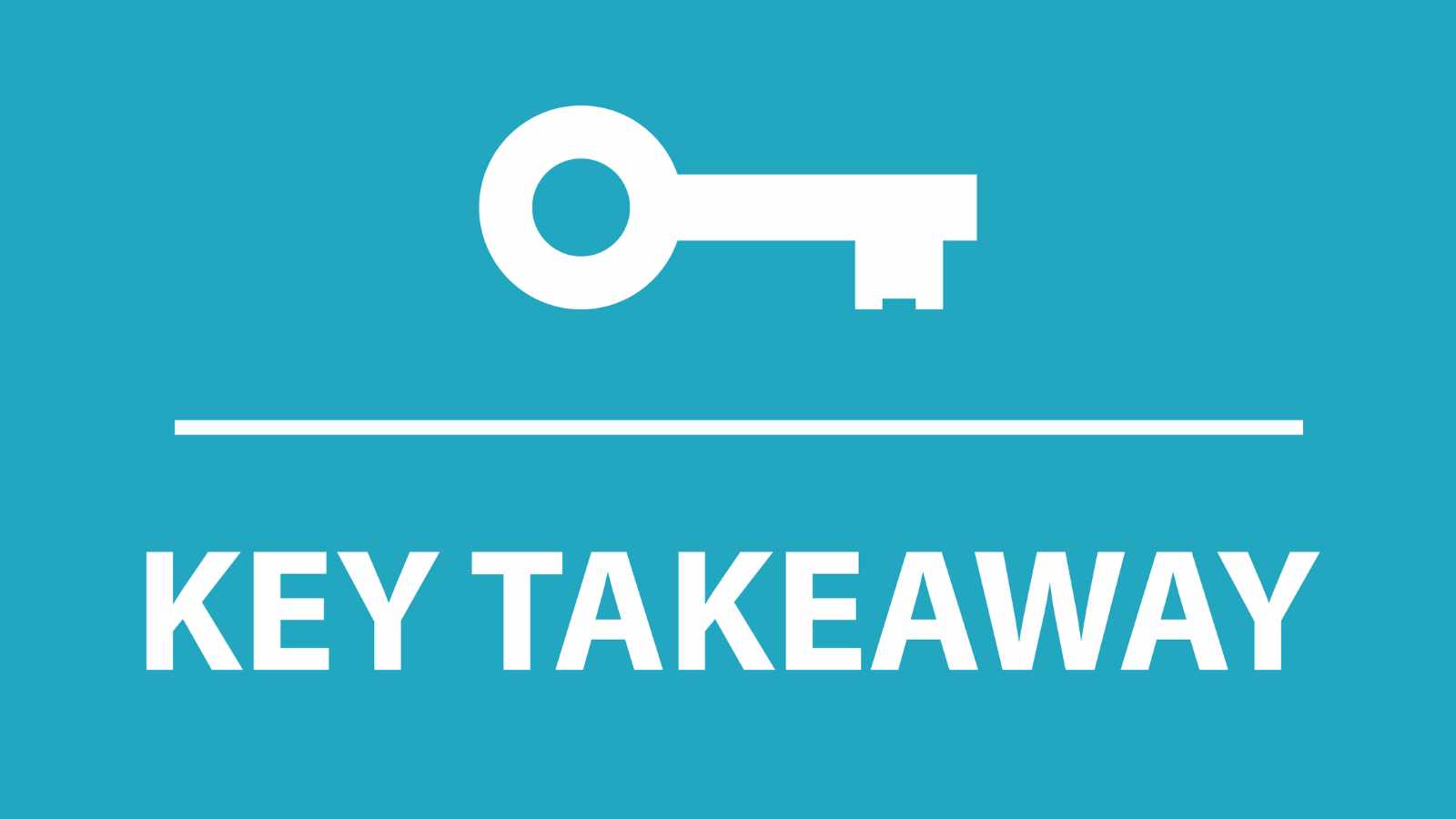12 Realities of Marrying an Older Man That No One Warns You About
Before you trade your twenties for his maturity and security, you need to understand the structural realities that often shatter age-gap marriages.
It’s easy to romanticize the “May-December” romance. Maybe he has that stability you crave, or maybe you just genuinely clicked with someone older. Whatever the reason, marrying a man significantly older than you is actually pretty common in the U.S.
According to Pew Research, roughly 40% of opposite-sex marriages involve a husband who is three or more years older than his wife. Relationship science shows that significant age disparities (more than five years) introduce measurable and often devastating risks to long-term satisfaction and stability.
Here’s a quick snapshot of the risk you’re taking on.
The decline in marital satisfaction hits faster

That romantic “honeymoon” period tends to shorten dramatically when a large age gap is involved. A study published in the Journal of Population Economics shows that couples with large age gaps experience a faster decline in relationship satisfaction than similarly aged couples during the first 6 to 10 years of marriage. It’s a sad reality, but the structural differences that felt fun and exciting early on become major daily stressors later.
Experts have observed that while age-gap couples often start out highly satisfied, “their satisfaction drops more dramatically over time”. This drop is often directly related to increased social judgment and the onset of the older spouse’s health challenges.
The caregiving role arrives sooner than you think

You are statistically guaranteed to become a high-burden caregiver years before your friends do. Since women generally live longer than men, a large age gap means the younger wife will almost certainly outlive her husband, and she will likely spend a significant portion of her prime years caring for him.
Female caregivers often handle the most difficult tasks, like bathing, toileting, and dressing, at a higher rate (36%) than their male counterparts (24%).
You are signing up to manage severe physical decline during your own peak earning or parenting years. Being thrust into spousal caregiving early creates a huge, uncompensated burden that can halt your own career progression and reduce your total lifetime earnings.
Generational culture clash is real, and it’s exhausting

You may speak the same language, but you definitely won’t share the same cultural context. A large age gap usually equals a generational gap, which introduces real differences in core values, norms, and communication styles. This constant need to translate your world for him, and vice versa, severely exhausts the relationship’s emotional energy.
Communication styles are a big culprit. Older generations often prefer in-person conversations, while younger partners might rely heavily on texting or social media, creating persistent misunderstandings. Even small details, like pop culture references, create friction. As one expert noted, you might struggle to connect if your partner doesn’t even get your favorite Ghostbusters joke.
Financial control creates an unspoken power imbalance

The larger the age gap, the more likely it is that one person is benefiting more than the other, often creating a power dynamic that can be abused. This power can be subtle, manifesting as control over access to money or established social status.
It’s a pattern: some younger partners consciously enter these relationships specifically for financial stability, thinking they could never achieve that life with someone their own age. This transactional setup, even if unstated, establishes a power gradient where one partner is financially dependent.
Dealing with skepticism and social judgment is constant

You will constantly face accusations of ulterior motives from friends, family, and strangers. Society tends to harshly judge large age-gap couples. Dr. Loren Olson, a psychiatrist in Des Moines, Iowa, noted that, “The biggest challenge is facing criticism from those who feel there must be some ulterior motive for both of them.”
The default assumption is that the younger partner is chasing wealth, while the older partner is just seeking youth and looks. While ignoring strangers is easy, criticism and skepticism hurt when it comes from loved ones. This constant need to defend your relationship drains emotional reserves.
Also on MSN: 12 things husbands quietly resent in marriage
Retirement timing is rarely synchronized

Biologically, your energy levels will diverge over time. As people age, their physical activity level and metabolic needs naturally decrease. For men, the estimated energy requirement for sedentary activity drops significantly as they move into their 50s and 70s, according to the National Health and Medical Research Council.
This biological reality creates conflicts over shared leisure activities. If the younger partner wants active adventures or late nights, the older partner may increasingly prioritize rest and routine, fundamentally changing your shared life.
Estate planning becomes a battleground

Estate planning for age-gap couples is complex, and simply being married is not enough protection. Late-life newlyweds often keep their finances separate but must make critical decisions about whether to leave existing children an inheritance or provide lifetime support for the younger spouse.
The most essential question is if the younger spouse receives the inheritance “outright or in trust.” If she receives it outright, the older man’s biological children may worry that the wealth will be diverted away from them entirely. Because of the age gap, couples must name multiple alternates for “trusted helpers” (power of attorney for finances and health) in legal documents.
You inherit his health risks

Your life will be structured around managing chronic diseases decades before your peers experience them. Aging men are statistically prone to specific, costly health issues. You must face the reality of progressive illness and mobility issues, which profoundly alter spontaneity and relationship dynamics.
Men over 65 face elevated risks of heart disease, which is the leading cause of death, and prostate cancer, with close to 6 in 10 diagnoses occurring after age 65. Beyond specific illnesses, you must cope with “geriatric syndromes,” including frailty, falls, and dementia—complex conditions that require intensive, long-term care.
The unexpected impact on your own longevity

This is counterintuitive: being significantly younger than your husband may actually increase your own mortality risk. Research suggests that for women, survival rates are highest when they are the same age as their husbands.
Women who are more than seven years younger than their husbands may have an “excess mortality” risk of about 10% compared to women married to age-peers. The overall conclusion from studies is that having a younger spouse is beneficial for the older man but “detrimental for women.”
You must learn emotional resilience fast

The younger partner is forced to rapidly accelerate her emotional maturity to handle serious life events prematurely. You will face his health crises, his friends’ deaths, and managing his complicated estate far earlier than your peers.
This accelerated timeline demands intense emotional resilience. While a younger partner might seek an experientially “more mature person,” experts point out that age alone doesn’t guarantee true emotional maturity or healthy coping strategies. In fact, Psych Central reports that if the older partner is emotionally stunted, the younger partner may end up carrying a heavier emotional load.
Key Takeaway

Age gap marriages are common, yet they face significantly higher divorce risks—up to 40% higher for a 10-year gap—and faster declines in happiness due to social pressure and life stage conflicts. The younger wife disproportionately absorbs the burdens of early caregiving, complex estate planning, and potential power imbalances. Success hinges entirely on intensive communication about life goals, meticulous financial planning, and absolute clarity about future caregiving roles and inheritance distribution.
Disclosure line: This article was developed with the assistance of AI and was subsequently reviewed, revised, and approved by our editorial team.
Why investing for retirement is so important for women (and how to do it)

Why investing for retirement is so important for women (and how to do it)
Retirement planning can be challenging, especially for women who face unique obstacles such as the wage gap, caregiving responsibilities, and a longer life expectancy. It’s essential for women to educate themselves on financial literacy and overcome the investing gap to achieve a comfortable and secure retirement. So, let’s talk about why investing for retirement is important for women and how to start on this journey towards financial freedom.
The 15 Things Women Only Do With the Men They Love

The 15 Things Women Only Do With the Men They Love
Love is a complex, beautiful emotion that inspires profound behaviors. We express our love in various ways, some universal, while others are unique to each individual. Among these expressions, there are specific actions women often reserve for the men they deeply love.
This piece explores 15 unique gestures women make when they’re in love. From tiny, almost invisible actions to grand declarations, each tells a story of deep affection and unwavering commitment. Read on to discover these 15 things women only do with the men they love.







